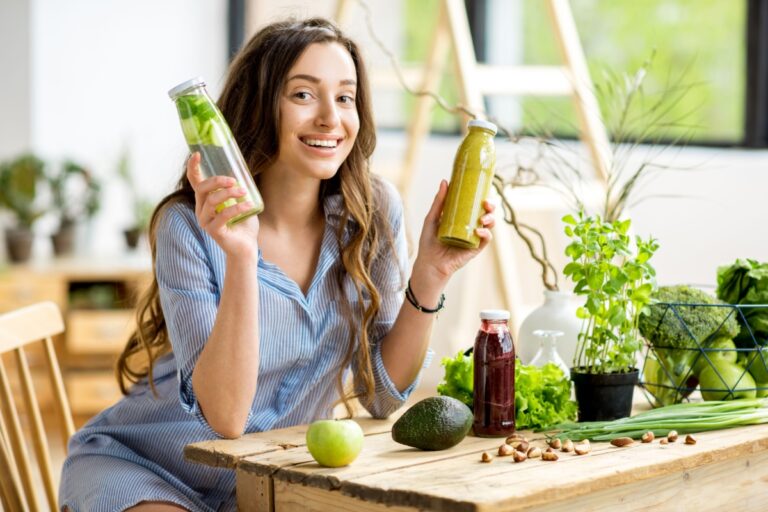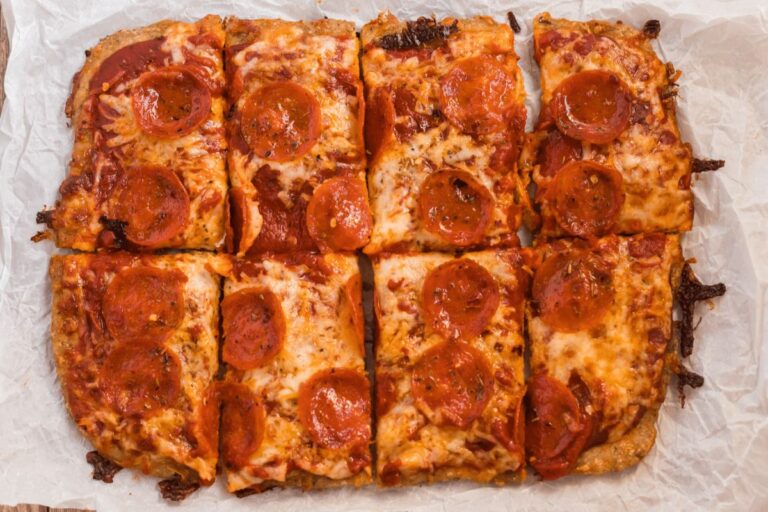15 Vegetables My Nutritionist Told Me to Avoid While Gaining Weight
When gaining weight, focusing on foods that provide more calories and nutrients is important. Vegetables are usually considered healthy, but some can slow your progress because they are low in calories or may have other properties that don’t support weight gain.
My nutritionist advised me to avoid certain vegetables to ensure my diet was packed with more calorie-dense foods. Here are the vegetables they told me to avoid while working on gaining weight.
Celery
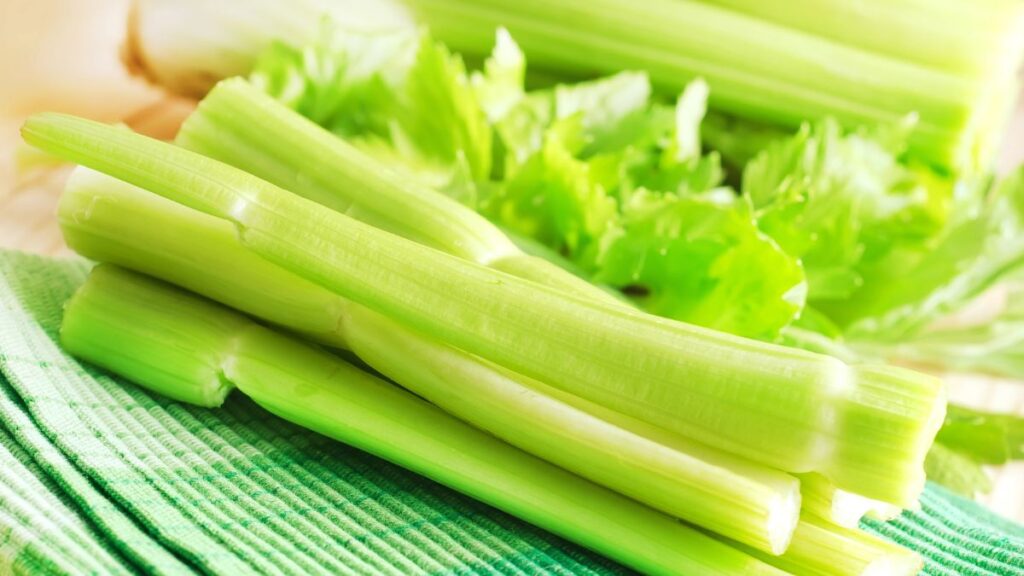
Celery is known for its low-calorie content, making it great for people who want to lose weight. However, it’s not a good option when trying to gain weight. The high water content in celery can make you feel full quickly without providing many calories.
This can prevent you from eating more calorie-rich foods. Additionally, it has minimal amounts of carbs and fats, which are important for weight gain. Choosing more calorie-dense vegetables would be a better option for gaining weight.
Cucumbers
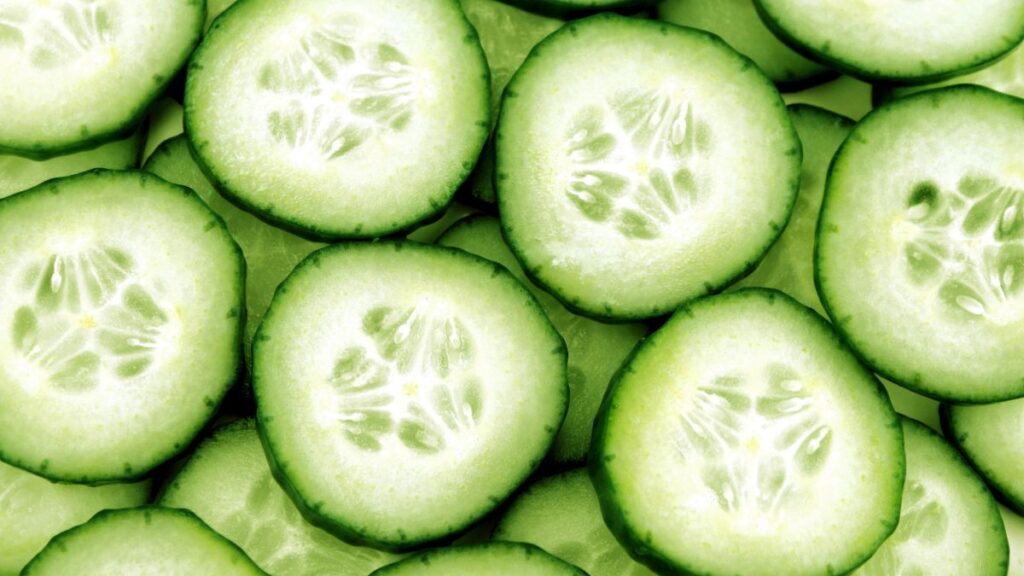
Like celery, cucumbers are mostly water and very low in calories. Although they are refreshing and hydrating, they won’t help in adding extra pounds. They fill up your stomach without giving your body the calories and nutrients it needs to gain weight.
My nutritionist suggested avoiding them during meals and opting for something that provides more energy. If you love cucumbers, consider eating them in moderation, and balance your plate with more calorie-rich items.
Zucchini
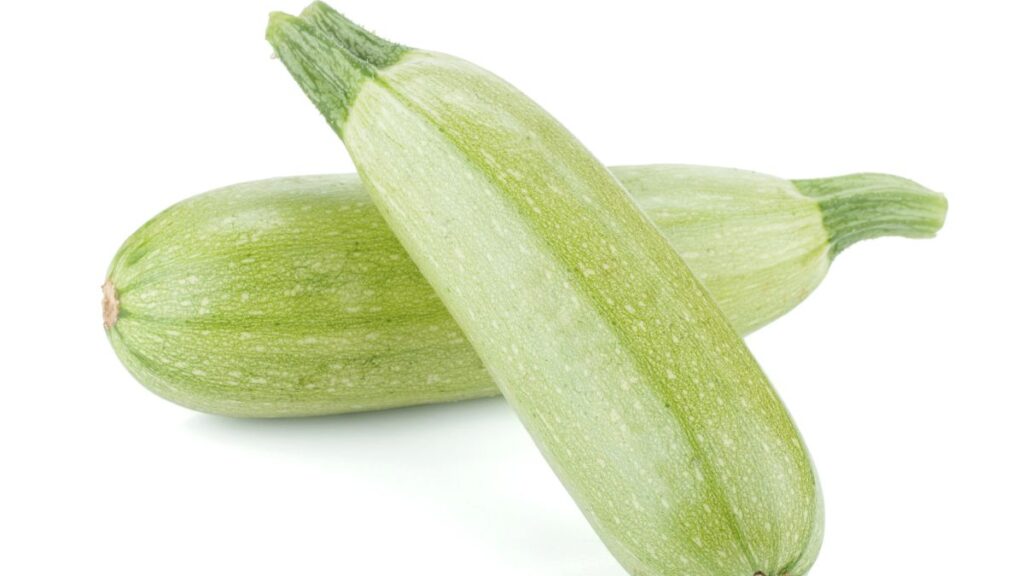
My nutritionist recommended avoiding zucchini while trying to gain weight. It’s low in calories and doesn’t provide much energy, making it less suitable for a weight-gain diet.
Its high fiber content can make you feel full faster, leaving less room for more calorie-dense foods. While zucchini is great for general health, it’s not ideal for those aiming to add some weight. You can replace it with more starchy vegetables like sweet potatoes.
Broccoli
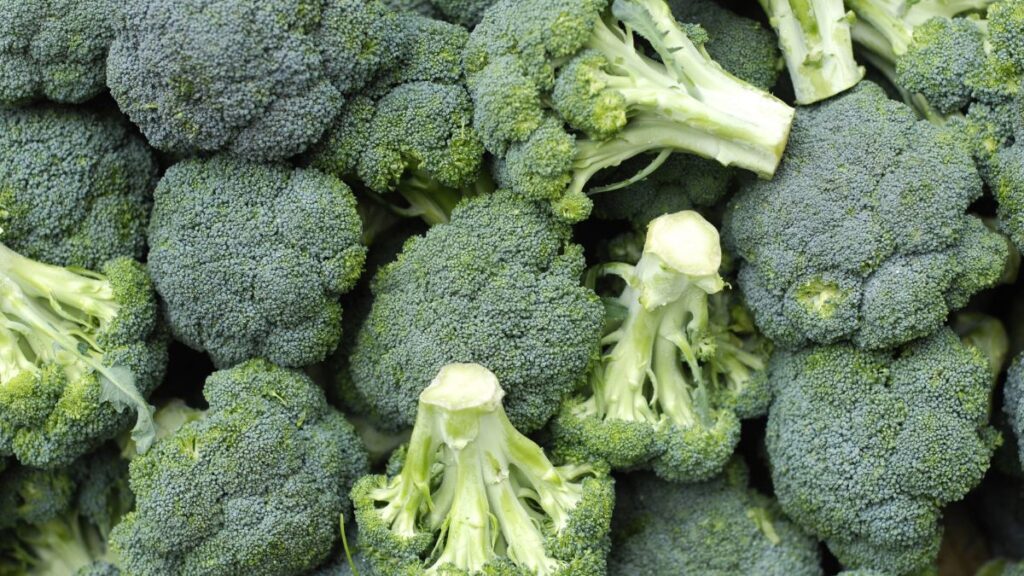
Broccoli is often hailed as a superfood, but when it comes to gaining weight, it’s not very helpful. It’s high in fiber, which can fill you up without adding many calories to your diet. The fiber also slows down digestion, making it harder to eat more throughout the day.
While broccoli is great for losing weight and staying healthy, my nutritionist told me to skip it during weight gain phases. Opt for vegetables with more carbs and calories instead.
Cauliflower
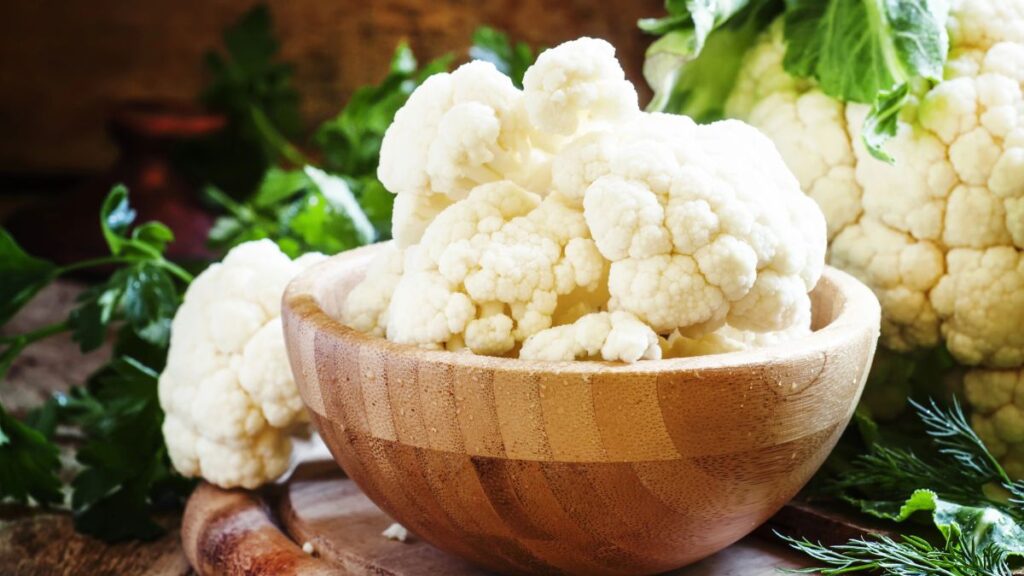
Cauliflower is another low-calorie vegetable that won’t support weight gain. It is mostly water and fiber, which can leave you feeling full without providing the necessary calories to gain weight.
It also lacks the fats and carbohydrates that help add extra pounds. My nutritionist suggested reducing cauliflower during meals to make space for more calorie-dense foods like potatoes or avocados. Though it’s nutritious, it’s not ideal for weight gain purposes.
Spinach
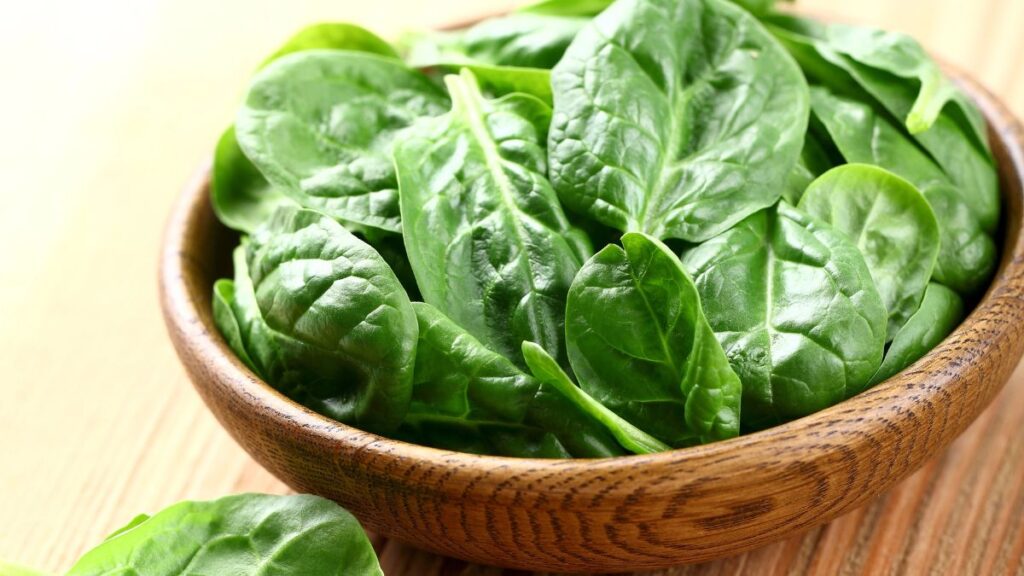
Spinach is nutrient-dense but very low in calories, making it a poor choice for those trying to gain weight. Its high fiber content can make you feel full after eating just a small portion. While spinach is excellent for maintaining good health, it’s not a great option when you’re looking to increase your calorie intake.
My nutritionist advised replacing spinach with higher-calorie greens, like kale or collard greens. You can still enjoy spinach occasionally, but make sure it’s not the main part of your meal.
Lettuce
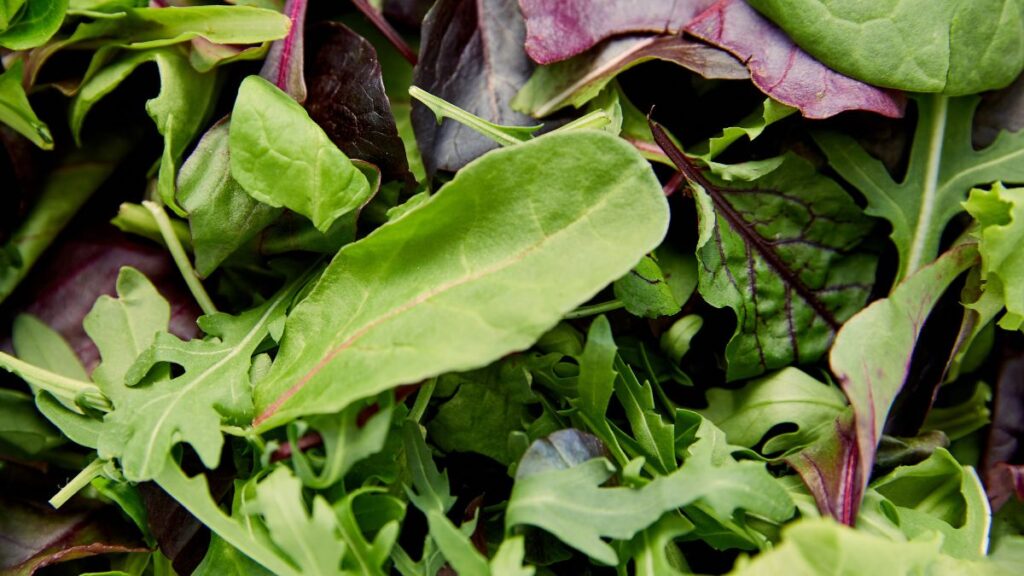
Lettuce is very low in calories and doesn’t contribute much to weight gain efforts. Its high water content makes it filling but not energy-dense, meaning you’ll get full quickly without consuming many calories. When trying to gain weight, you must focus on eating more calorie-dense foods, and lettuce doesn’t fit that bill.
My nutritionist suggested avoiding large salads with lettuce and instead focusing on vegetables like avocados, which are rich in healthy fats. Lettuce can still be used in small amounts but shouldn’t dominate your meals.
Kale
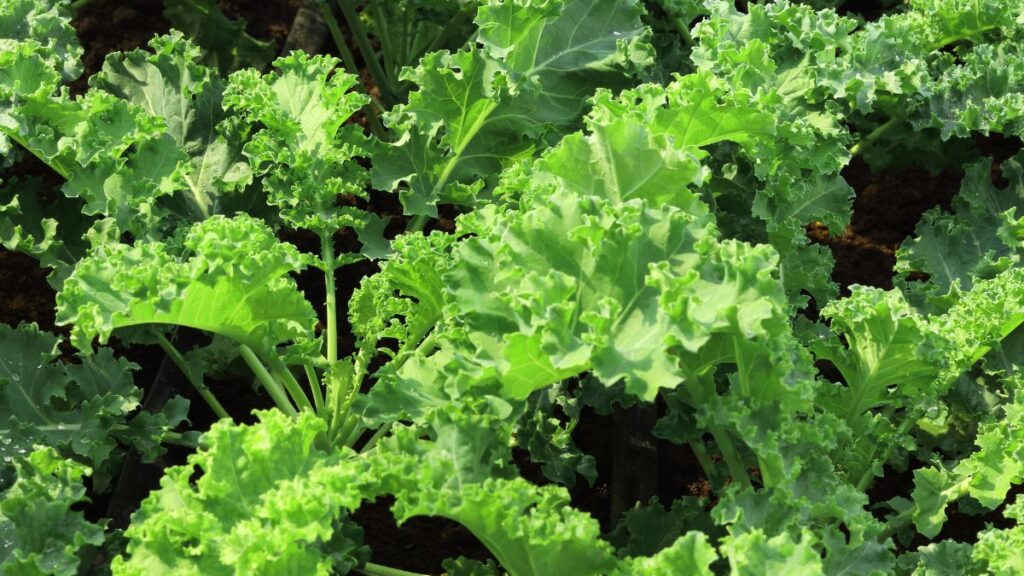
Though kale is highly nutritious, its low-calorie content makes it unsuitable for weight gain. Like other leafy greens, it’s high in fiber, making you feel full quickly, preventing you from eating enough to gain weight. My nutritionist recommended reducing kale intake and focusing on vegetables that provide more calories and energy.
Kale can still be included in your diet, but it shouldn’t be a major part of your meals if you’re aiming to gain weight. There are better options if you’re looking to boost your calorie intake.
Eggplant
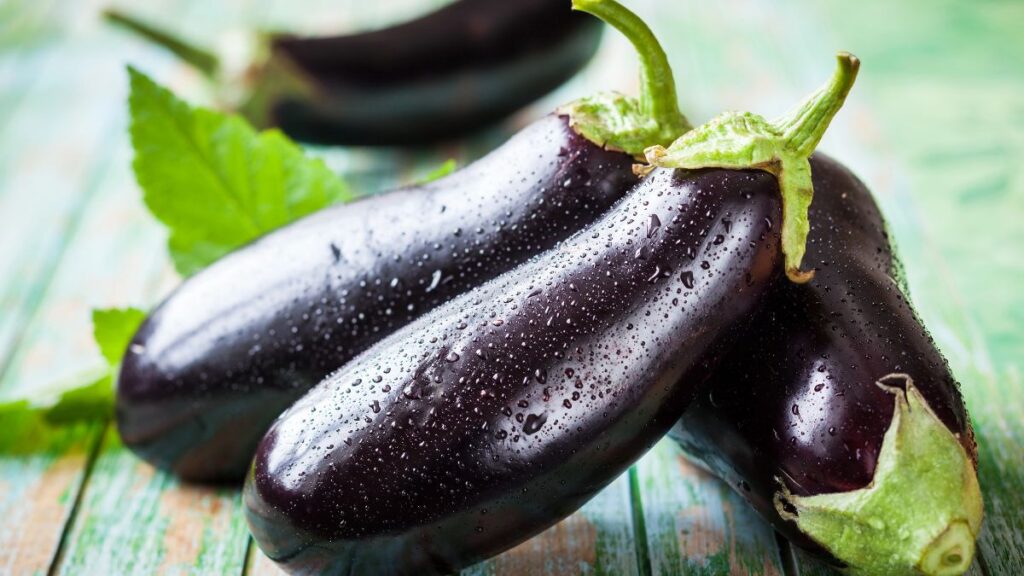
Eggplant is a low-calorie vegetable, and while it has a unique texture and taste, it won’t help much with weight gain. Its high fiber content can fill you up quickly, making consuming the calories needed for weight gain harder.
My nutritionist recommended steering clear of eggplant for the most part and choosing vegetables like potatoes or yams instead. While eggplant can be a healthy choice for general health, it’s not ideal for those looking to add extra pounds. Focus on more starchy vegetables for better results.
Green Beans
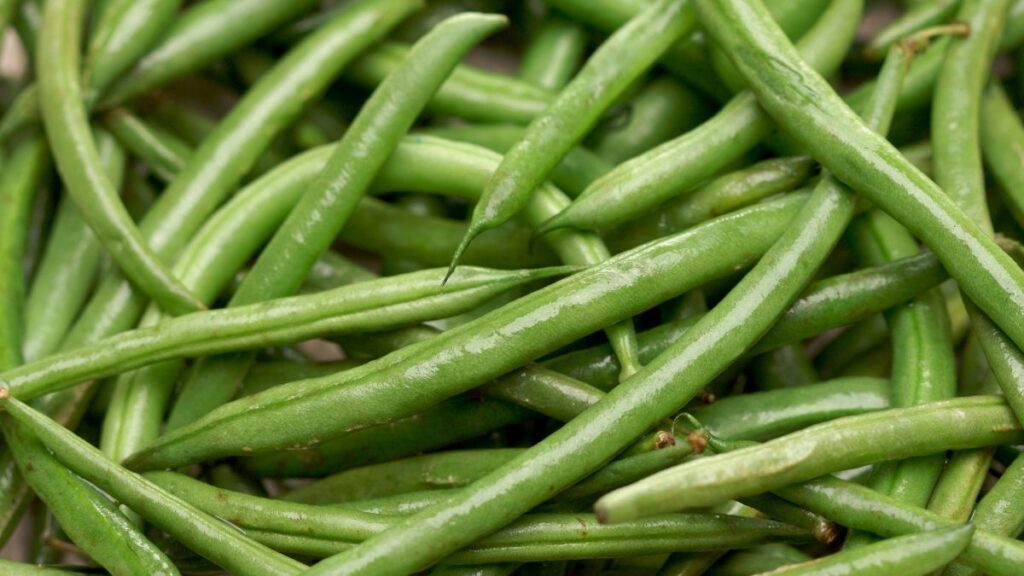
Green beans are another low-calorie vegetable that may not be the best option for weight gain. They are full of fiber and water, making you feel full quickly without giving you the necessary calories. My nutritionist suggested reducing green beans and focusing on more calorie-rich vegetables like peas or corn.
While green beans are great for overall health, they are not the most effective food if you’re trying to pack on weight. Instead, look for more nutrient-dense options.
Asparagus
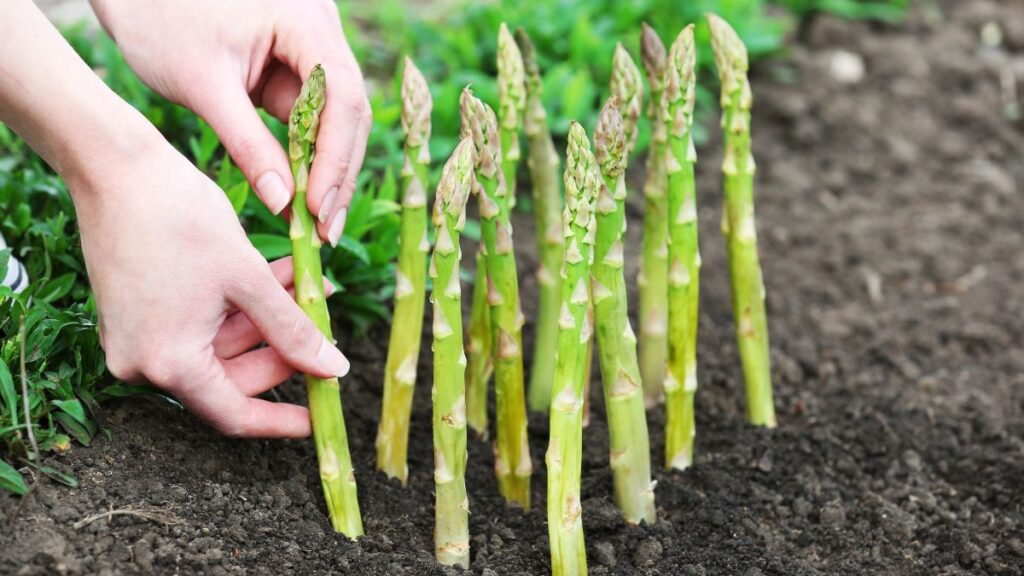
Asparagus is very low in calories and won’t contribute much to your weight gain efforts. It is rich in fiber, which can make you feel full without providing enough energy. My nutritionist advised reducing asparagus intake when focusing on gaining weight and replacing it with more calorie-dense vegetables like sweet potatoes or avocados.
Asparagus is a great vegetable for general health but not for adding extra calories to your diet. It’s best enjoyed in moderation during a weight gain phase.
Radishes
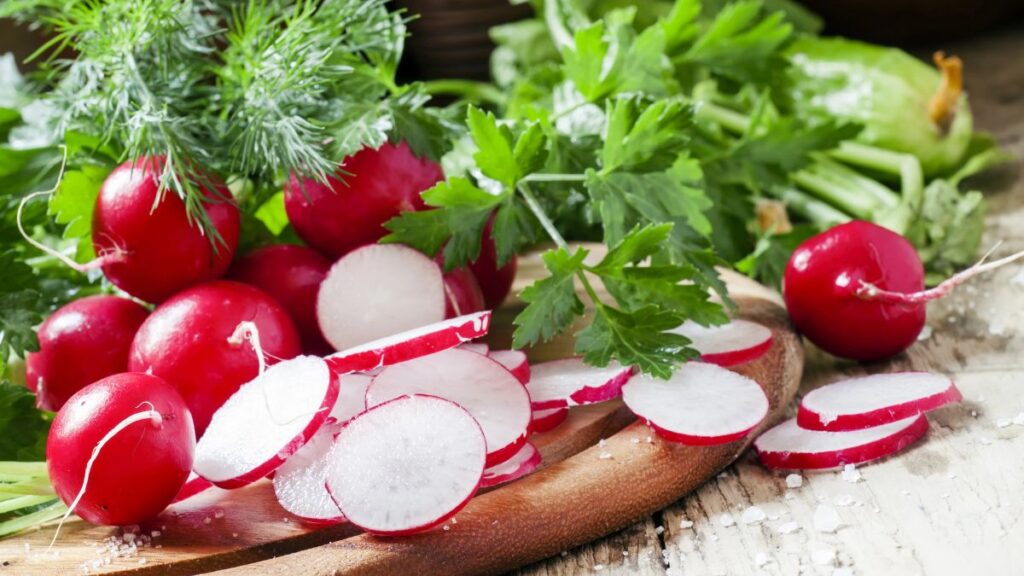
Radishes are low in calories and mainly consist of water, making them unsuitable for a weight-gain diet. Though they are crunchy and refreshing, they don’t provide enough energy or nutrients to help with weight gain.
My nutritionist suggested avoiding radishes during meals and focusing on higher-calorie vegetables. While radishes are great for maintaining health, they don’t contribute to your calorie needs for weight gain. Opt for heartier vegetables like squash or pumpkin.
Peppers
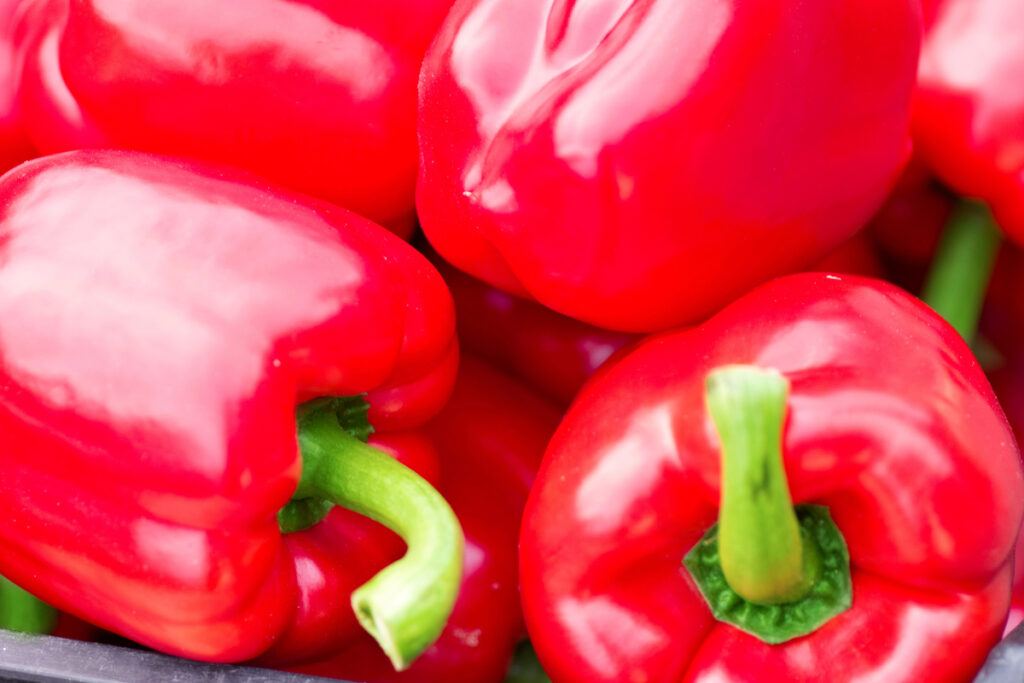
Bell peppers, while delicious and full of vitamins, are not calorie-dense and won’t help you gain weight. They have a lot of water and fiber, which can make you feel full without providing many calories.
My nutritionist recommended limiting peppers in my meals when I was trying to gain weight. You can replace them with higher-calorie vegetables like avocados or sweet potatoes for better results. Peppers are still nutritious, but they should be eaten in moderation if you’re focusing on weight gain.
Brussels Sprouts
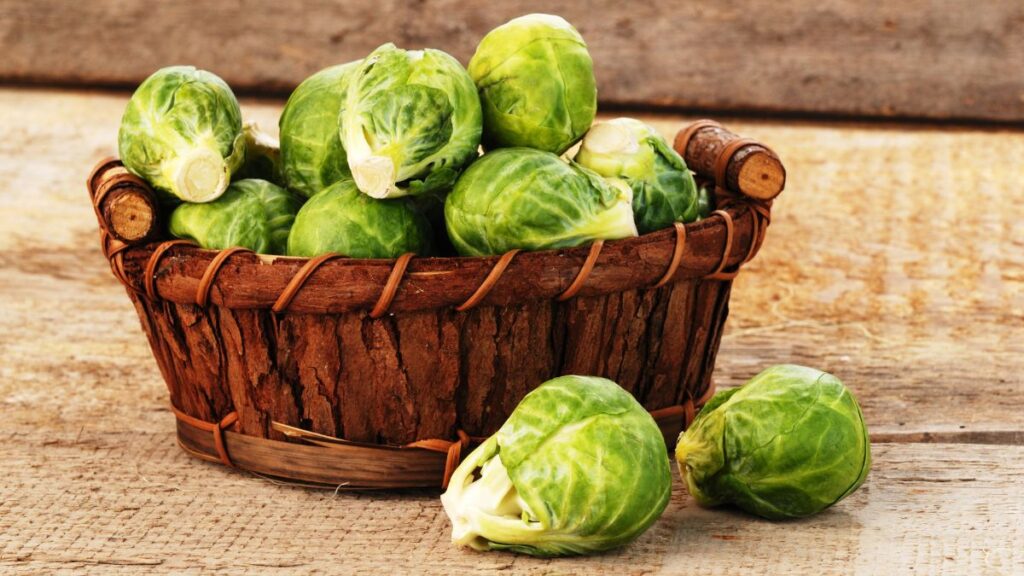
Brussels sprouts are low in calories and fiber-rich, which can make you feel full quickly without consuming many calories. My nutritionist suggested avoiding them during meals aimed at gaining weight.
Although they’re packed with nutrients, they won’t help you meet your calorie goals. Instead, focus on starchy vegetables or those rich in healthy fats. Brussels sprouts are great for health, but not for weight gain, so they should be eaten in moderation when trying to add extra pounds.
Cabbage
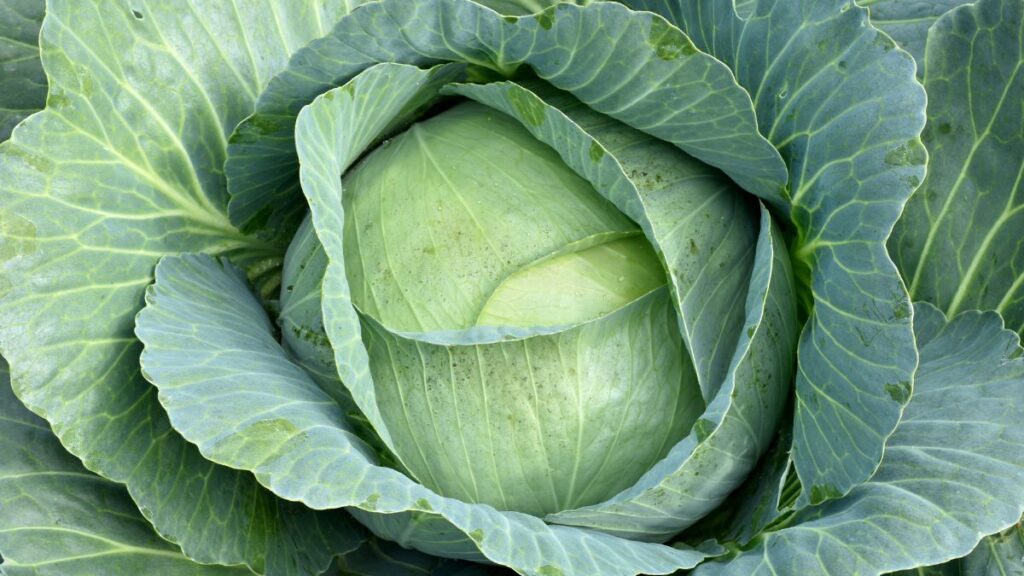
Cabbage is another vegetable that’s low in calories and high in fiber, making it unsuitable for weight gain. Its high water content fills you up quickly without providing the energy you need to gain weight. My nutritionist advised reducing cabbage intake during meals focused on gaining weight. Instead of cabbage, opt for more calorie-dense vegetables like corn or peas. While cabbage is great for general health, it’s not ideal for weight gain goals.
Grocery Items to Stock Up On Before Winter Price Hikes

As winter draws near, temperatures rise, as do grocery prices. The colder months often bring higher food costs due to increased demand, supply chain challenges, and seasonal shortages.
15 Grocery Items to Stock Up On Before Winter Price Hikes
15 Foods Only The Wealthy and Elite Can Eat Now

Culinary trends are constantly evolving, and some foods have become more than just sustenance—they’ve become status symbols reserved for the elite.





